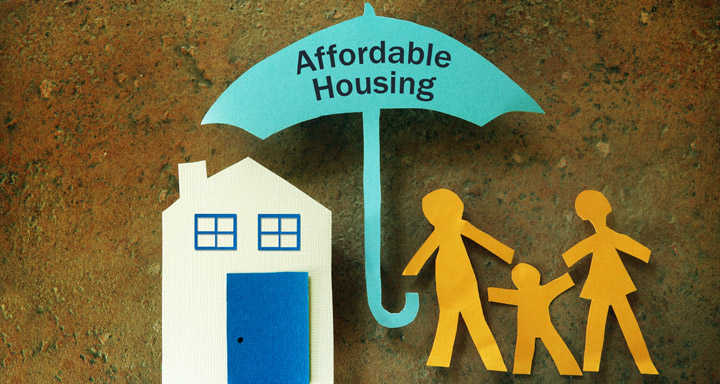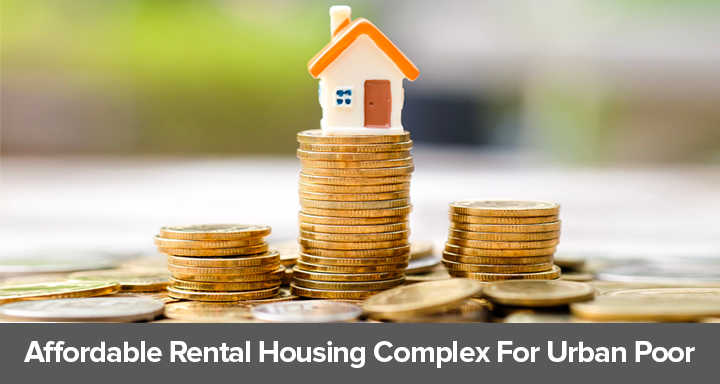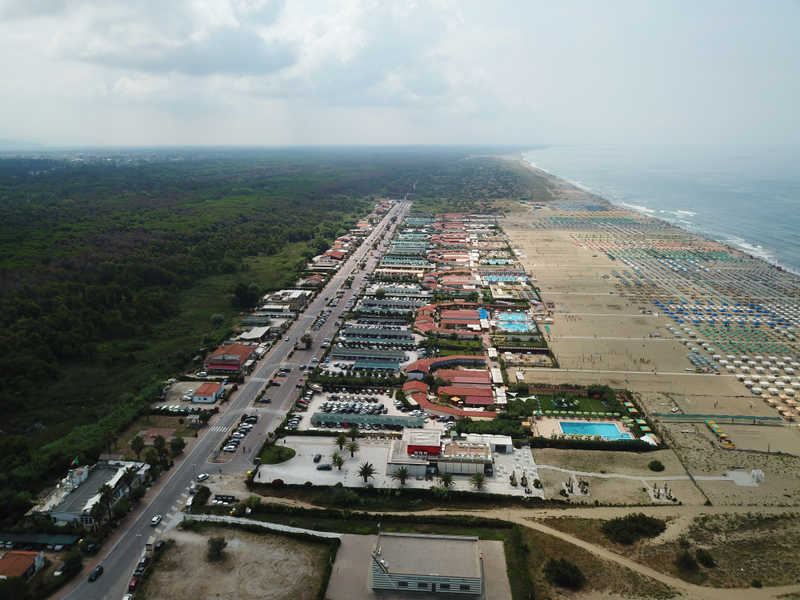Government’s Stimulus Package 2.0 Will Boost Realty Sector
HIGHLIGHTS
- Banks have encouraged to lend in the economy at a significant reduction in the repo rate by 4.0%, reverse repo by 3.75%, and cash reserve ratio (CRR) at 3.0%.
- The Credit-Linked Subsidy Scheme (CLSS) for the housing sector has got an extension until March 2021.
- RBI has allowed NBFC to extend the date of commencement of commercial operations (DCCO) for loans granted to commercial real estate for an additional year.
- RBI permitted banks and financial institutions to provide a moratorium up to 6-months for all payments (both principal & interest) due between 1st March to 31st August 2020
- The government has stood by the expectation of the sector to treat the pandemic as a ‘force majeure’ event.”
- The government has allocated INR 81 billion (USD 1.1 billion) for social infrastructure, giving workable gap financing up to 30% of the total project cost.
- 30,000 crore support for NBFCs, HFCs, MFIs in the economic package.
- A Rs 45,000-crore partial credit guarantee scheme for non-banking financial companies (NBFCs), housing finance companies (HFCs), and microfinance institutions (MFIs) was also unveiled to provide loans to individuals and MSMEs with low credit ratings.
- Using the Force Major clause, states can extend RERAs registration and closing dates if they were falling after March 25, 2020.
Amidst the adverse effects of the COVID-19 pandemic and the nationwide lockdown which has forced India’s 1.3 billion people to live in millions of low-income homes on daily wages to sustain their livelihoods in Asia’s third-largest economy. The Union Finance Minister Nirmala Sitharaman has announced several measures to help businesses including micro, small and medium enterprises (MSMEs) recover from the economic impact of the coronavirus epidemic. It was a part of the Rs 20 lakh crore stimulus package announced a day earlier by Prime Minister Narendra Modi to help drive growth and build a self-reliant India.
The real estate projects are the worst-hit sector that has reached a high risk of defaulting on RERA timelines. As a result, the government has advised all States and UTs and their regulatory authorities to extend the registration and completion date by 6 months for all RERA registered projects expiring on or after March 25, 2020, without individual applications.
FM Nirmala Sitharaman has also asked the officials to automatically issue new ‘Project Registration Certificates’ with revised deadlines. They can also extend the deadline for various statutory compliance under RERA. These measures will put real estate developers under stress and ensure the completion of the projects so that homebuyers can get delivery of their booked homes with new deadlines.
To give relief to the contractors, Sitharaman announced a 6-month extension to meet obligations under highways, railways, and other contracts. The move will provide relief to the contractors affected by the COVID-19 crisis.
RBI permitted banks and financial institutions to provide a moratorium up to 6-months for all payments (both principal & interest) due between 1st March to 31st August 2020
Announcements Related To Real Estate Sector
Residential
The government’s CLSS scheme offers concessional interest on home loans for affordable and middle-income housing. The expansion of discounted interest rates should facilitate homebuyers who are on the fence about purchasing a home. In addition, RBI has reduced the repo rate to 4.0% to mitigate economic risks, with some banks offering lower home loan rates to consumers like the State Bank of India. However, the demand for affordable homes and the entire residential sector will hinge on employment and the revival of the economy in 2020.

Commercial
RBI has allowed NBFC to extend the date of commencement of commercial projects (DCCO) for loans given to commercial real estate for an extra year, thereby reducing the cash flow of commercial real estate developers. Expanding DCCO, to which an entity’s repayment schedule is tied up, should provide a lifeline for developers in terms of financial stress and help them better manage cash flow. Developers should use this relief to plan and change the construction timelines of their ongoing projects.
Infrastructure
The government has allocated INR 81 billion (USD 1.1 billion) for social infrastructure, providing viability gap financing of up to 30% of the total project cost. The move is expected to play an important role in creating new clusters for real estate development. Developers should explore this scheme for planning social infrastructure projects in micro markets where their projects/land banks are located.
NBFCs, HFCs, and MFIs
- Rs 30,000 crore special liquidity scheme announced and will be invested in both primary and security markets.
- Will purchase investment-grade debt papers of NBFCs fully guaranteed by the government.
Rental housing for migrants
- The government will launch an affordable rental housing scheme for migrant workers / urban poor under PMAY.
- Converting government-funded housing in cities to affordable rental housing complexes.

Global Coronavirus Stimulus Packages
| Country | Stimulus Package Till May |
| US | $2 Trillion |
| Australia | $65 Billion |
| South Korea | $9.8 Billion |
| Germany | $610 Billion |
| Canada | $7.1 Billion |
| India | $266 Billion |
| UK | $81 Billion |
| Italy | $28 Billion |
| Malaysia | $57 Billion |
| France | $49 Billion |
| Japan | $992 Billion |
| Russia | $4 Billion |







